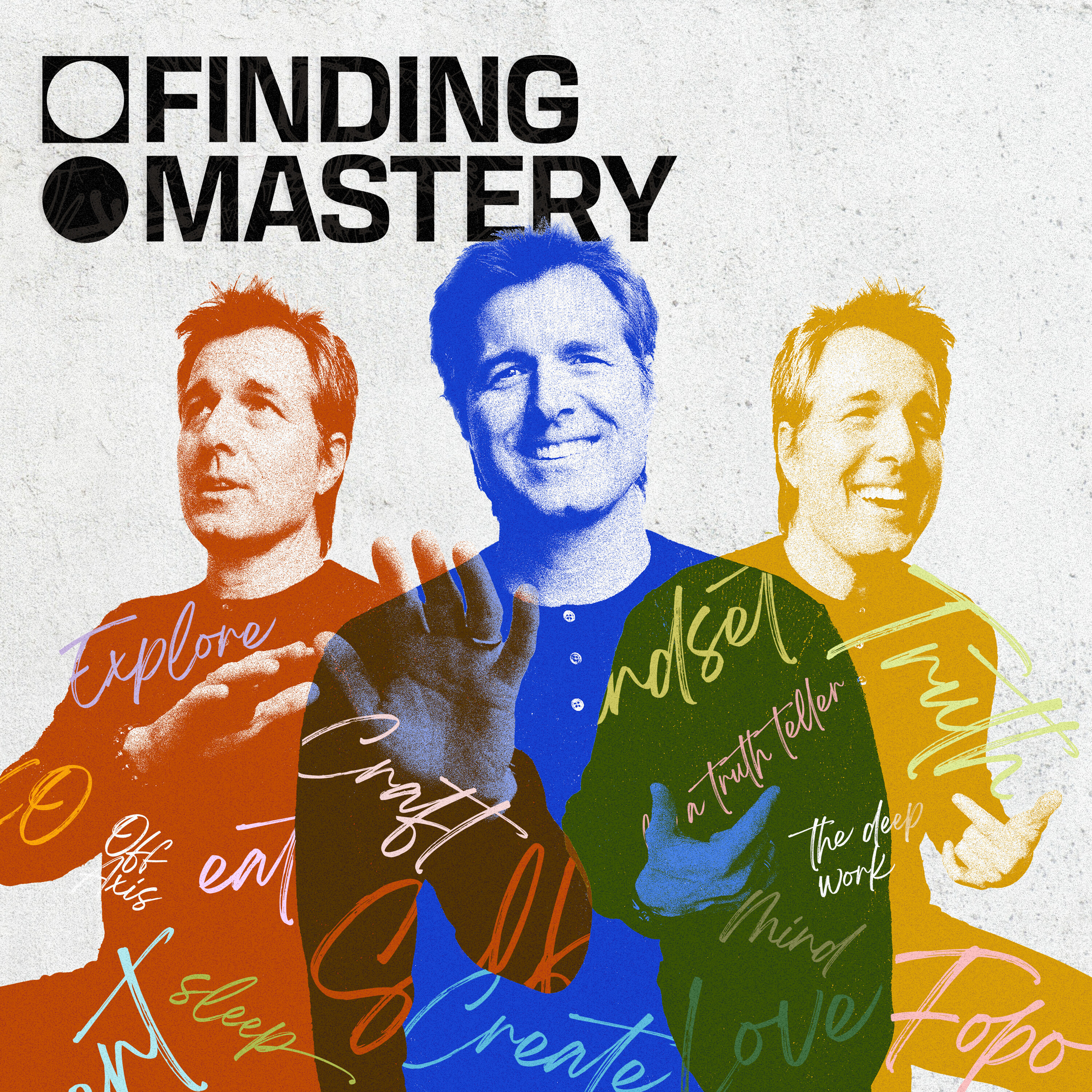
43: Developing Culturally Sensitive and Responsive Educators
11/16/23 • 66 min
Howard is the president and founder of the REACH Center for Multicultural Education in Seattle, Washington. He is the author of We Can’t Teach What We Don’t Know 3rd Edition and We Can’t Lead Where We Won’t Go: An Educators’ Guide to Equity.
SummaryIn this conversation, Gary Howard invites listeners to engage in reflective thinking about our racializing experiences. He begins by sharing his story of growing up as a White male in cultural isolation to becoming more culturally responsive during his collegiate years in New Haven, Connecticut. Howard emphasizes the importance of a multiethnic, multireligious, multigender teaching corps to understand that the work of personal transformation goes beyond just being culturally aware, beyond multicultural content, and conversations about differences. It is about the deeper work of acknowledging how our racializing experiences may impact our practice and how we relate to ‘others’ in ways we are not consciously aware of.
Howard is the president and founder of the REACH Center for Multicultural Education in Seattle, Washington. He is the author of We Can’t Teach What We Don’t Know 3rd Edition and We Can’t Lead Where We Won’t Go: An Educators’ Guide to Equity.
SummaryIn this conversation, Gary Howard invites listeners to engage in reflective thinking about our racializing experiences. He begins by sharing his story of growing up as a White male in cultural isolation to becoming more culturally responsive during his collegiate years in New Haven, Connecticut. Howard emphasizes the importance of a multiethnic, multireligious, multigender teaching corps to understand that the work of personal transformation goes beyond just being culturally aware, beyond multicultural content, and conversations about differences. It is about the deeper work of acknowledging how our racializing experiences may impact our practice and how we relate to ‘others’ in ways we are not consciously aware of.
Previous Episode

42: A Servant Leader Approach to Enhancing Well-being in Schools
Guest Dr. Kelvin Butts is the Superintendent of Benton Harbor, MI, area schools and a lifelong educator, having served as a teacher, assistant principal, and principal. Summary
Our discussion touched upon trauma and mental health issues in the Benton Harbor Area Schools, emphasizing the need for mental health initiatives for both teachers and students. The importance of leadership philosophy and growing leaders within the district was highlighted, focusing on equity and addressing barriers through strategic planning and partnerships. The conversation also delved into education, neuroscience, and self-improvement through self-reflection and student feedback, ultimately emphasizing the significance of psychological safety, community engagement, and building alliances in education.
Key Topics
School leadership, trauma, and community support in Benton Harbor. (2:27)
Leadership, transparency, and building relationships in a school district. (9:26)
Mental health and wellness support for students and teachers in Benton Harbor. (14:25)
Addressing barriers to education and mental health support. (20:54)
Education, neuroscience, and teacher training. (27:39)
Self-reflection and improving teaching methods. (31:17)
Education, vulnerability, and agency in the classroom. (38:07)
Building alliances and addressing trauma in schools. (44:07)
Transformational leadership in education. (49:53)
Education reform with a focus on student involvement. (52:02)
Connect with Dr. ButtsSchool website: https://www.bhas.org/
Next Episode

44: Taking Care of Teachers, So They Can Take Care of the Kids
Guest Dr. Debra Gustafson is the Associate Superintendent for the Geary County Unified School District 475 in Juncture City, Kansas. Deb’s primary responsibilities focus on providing leadership and expertise in developing, achieving, and maintaining the district’s educational programs and related services to increase student achievement. SummaryOur conversation focused on the challenges and opportunities of education leadership, particularly in the context of a military community and a high-poverty school district. We discussed the importance of supporting teachers' well-being, especially during the COVID-19 pandemic, and highlighted strategies for addressing teacher stress and burnout. We also explored the role of school culture and teacher support in creating a positive and effective learning environment. Additionally, we delved into the flywheel concept for school improvement and discussed education leadership challenges such as teacher shortages and career guidance. Key Takeaways
- Build and maintain a consistent strategic plan that eliminates adding flavor-of-the-month responsibilities to the faculty’s already considerable workload. this focus provides stability and avoids faculty burnout.
- Understand that student behavior is a way of communicating. To counter ineffective behaviors, the district promotes training around social and emotional learning, making it as important as traditional academics in supporting student wellbeing.
- Healing happens in the context of healthy relationships over time. Support staff across the district - nurture the nurturers - to help them best serve their students. Promote healthy school cultures by supporting everyone in the district.
- Adopt a flywheel mentality. Build momentum by focusing on achieving a few things that get the achievement ball moving. We can't do everything at once, but we can build toward better.
- Referenced Interview with Susan Engel Books by Susan Engel The Intellectual Lives of Children The Hungry Mind Book by Todd Whitaker What Great Principals Do Differently
If you like this episode you’ll love
Episode Comments
Generate a badge
Get a badge for your website that links back to this episode
<a href="https://goodpods.com/podcasts/cultivating-resilience-380741/43-developing-culturally-sensitive-and-responsive-educators-54360535"> <img src="https://storage.googleapis.com/goodpods-images-bucket/badges/generic-badge-1.svg" alt="listen to 43: developing culturally sensitive and responsive educators on goodpods" style="width: 225px" /> </a>
Copy




